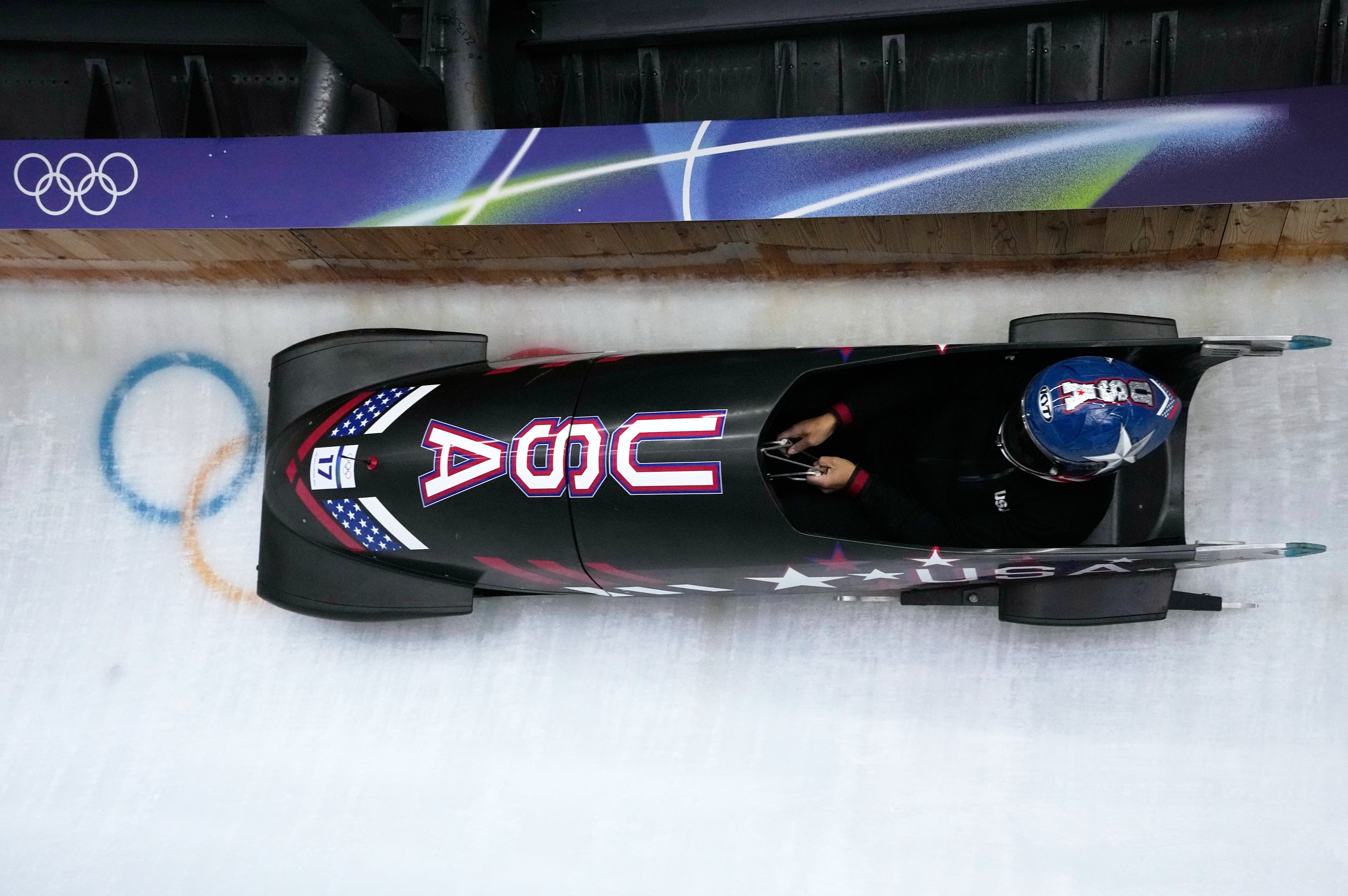FIRST PERSON | MEAGAN SWINGLE
As told to Michelle Hiskey, for the AJC
Meagan Swingle manages communications and social media for Fox Sports South and SportSouth. Platforms such as Twitter and Facebook allow the network to deepen ties with viewers and create a fan community. But there can be pitfalls.
When I started in public relations and sports media in 2001 with the Atlanta Braves, social-media networks did not exist. A team relied on traditional media to tell their stories and help connect with fans. While what’s said about your brand may be harder to control, with today’s social media we have an incredible opportunity to tell our own stories and build meaningful, real relationships with fans.
One challenge of social media is keeping up with the constant changes that social networks roll out, especially for brand pages. These changes directly impact how much of our content our followers will potentially see. For instance, Facebook uses an algorithm to determine what content appears in a user’s news feed. By interacting with Likes, Comments, and Shares, our 50,000 Facebook friends can affect that algorithm in a positive way, effectively telling Facebook that we’re a page they want to see. Because social media gives fans such a powerful voice, we can listen closely to what kind of content they want and respond by giving it to them.
Another challenge is the immediacy of social media, which means we have to be ever-cognizant of the messages we’re sending. There are countless stories of social-media managers, athletes and celebrities misfiring with their messages, sending an inappropriate or controversial tweet at an inopportune time. Most of our broadcasters are on Twitter, and we encourage that because it helps fans get to know them. But with social media, nothing you share is private, and nothing can be deleted. We remind our talent and employees of one good rule: Don’t say anything on a social network that you wouldn’t want to see splashed across the AJC or on the nightly news.
The immediacy of social media also gives us a great opportunity to engage in conversations with our viewers as live events unfold on our telecasts. Sports and social media are a perfect pair because fans have always gotten together to watch the big games and build communities around their favorite teams.
Now social media lets fans come together as a virtual community across the Southeast and the world. When Freddie Freeman hits a home run to win a game, you can leap off the couch along with every Braves fan on Twitter and be a part of a much larger conversation going on everywhere, right in that moment, which is pretty amazing. Thanks to social media, sports broadcasts are not just a one-way medium anymore, but a place where fans can talk back to us, and we love that. Social media adds that whole new dimension.


